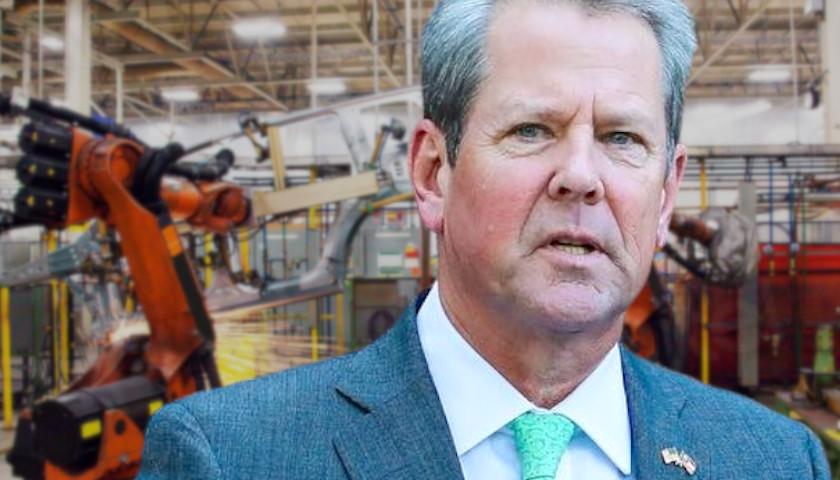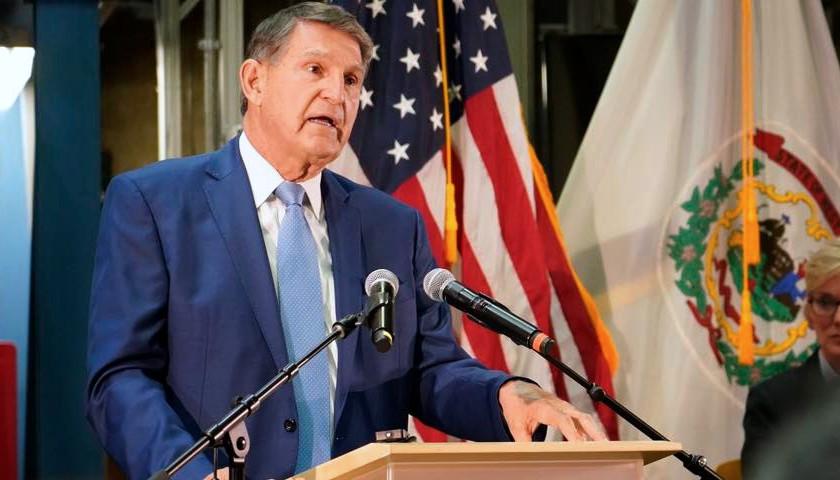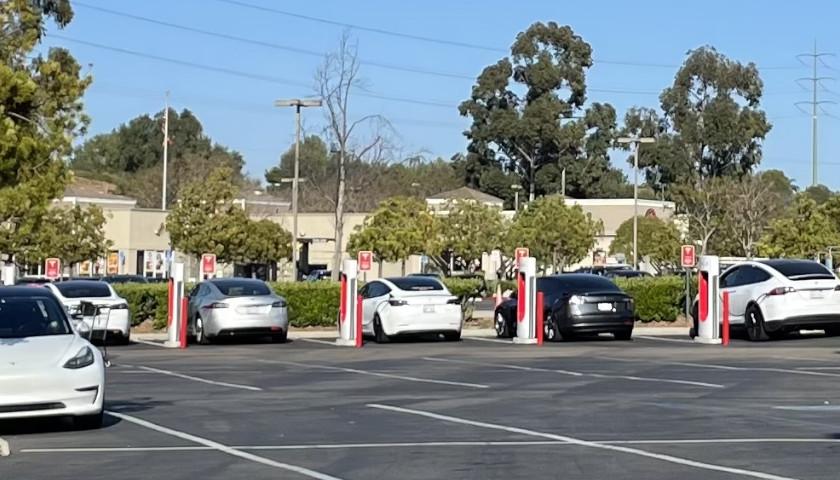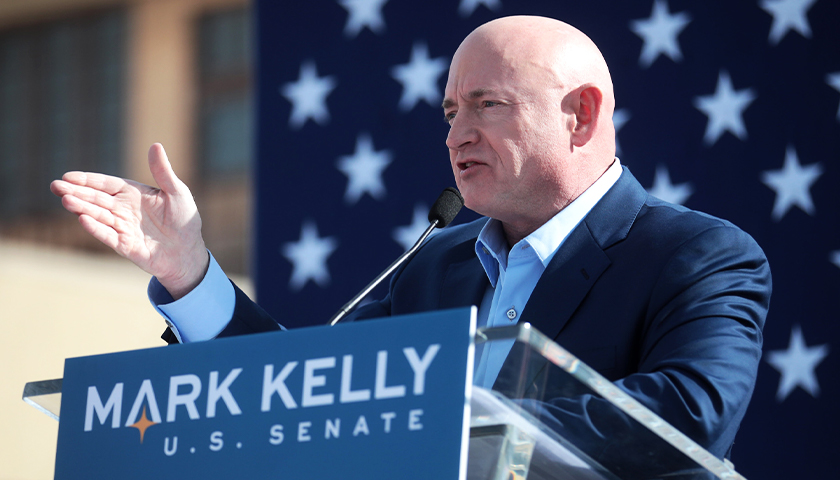In a highly orchestrated and publicized White House gathering this month, President Biden presented a detailed plan for the development of a U.S. fleet of clean, high-mileage electric automobiles that would reduce reliance on gasoline and generate thousands of good union jobs. It’s a new, government-encouraged, taxpayer-subsidized auto world. The plan calls for U.S. auto production to become 50% electric by 2030. Today, the electric share stands at a paltry 2%.
Top leaders from Ford, GM, and Stellantis (formerly Fiat-Chrysler), along with environmentalists and governors, were prominently invited to share in the announcement. Yet the absence of any non-union, America-located auto producers was glaring. There were no representatives from Hyundai, Nissan, or Toyota – companies that have long produced popular vehicles within our borders and recently expressed some support for Biden’s goal. Also striking was the absence of Tesla’s Elon Musk, the world’s acknowledged leader in the electric car and battery revolution. Tesla is an American firm, but it is not unionized.
Read the full story












